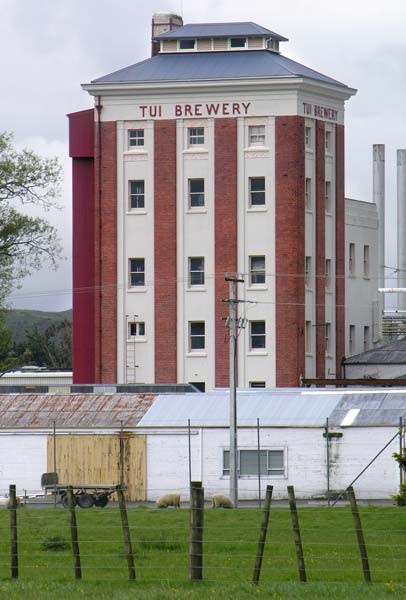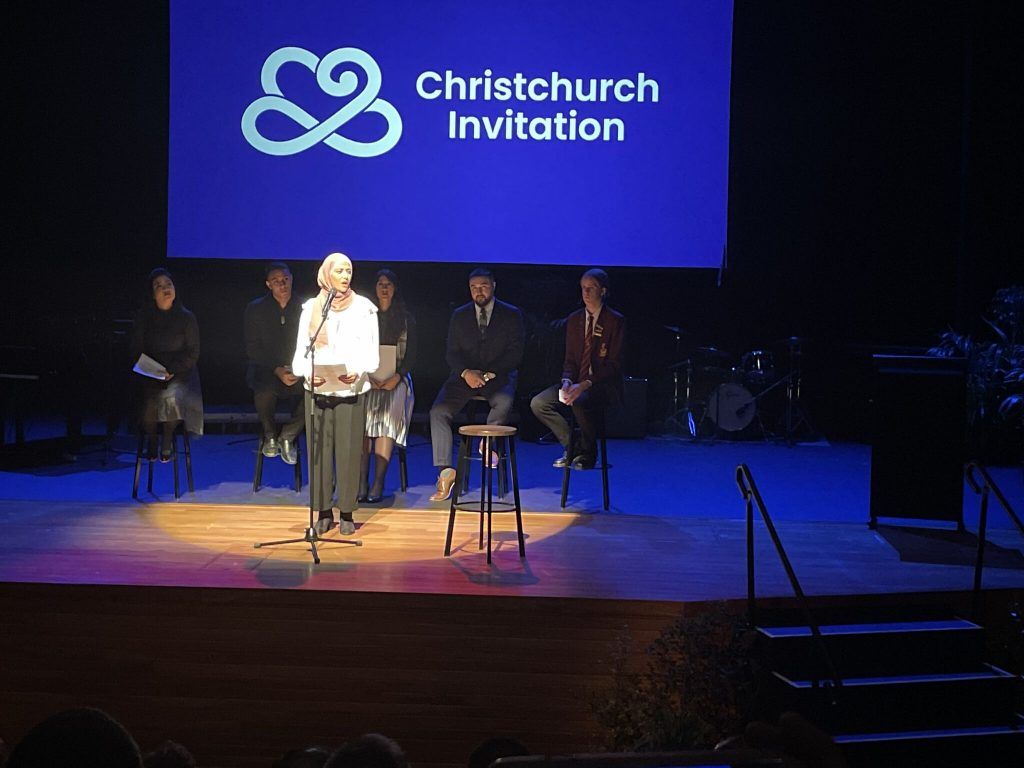Ph: 06 280 0938
What does it take to ‘belong’ in 2021?

This is a question I have been pondering recently. It’s one of those subjects that has never really featured in my head – then all of a sudden it is everywhere in my head. I’m not sure what that’s about, just one of those ‘universe-at-work’ things I expect.
A special book on belonging
Bettina Anderson gifted me the wonderful book Belonging by Owen Eastwood in our office one Monday morning, and said read this. She’s very assertive like that.

Reading is a big part of my life at the moment. I get sent books to read continuously, which I appreciate as it keeps me up to date with what is going on in the world. I’m eight books behind right now though, so one more was like, really B? But she said the magic words, “you need to read this!”. And so I began.
And then the English soccer team starts winning games, which is a new phenomenon. And then I hear that they are winning due to the help of Owen Eastwood, and his book Belonging, and here am I reading his book.
Inspired by whakapapa
Owen hails from Southland and is now a UK-based performance/culture coach. The world is littered with them, so what makes this fella special?
Well, he is a Ngāi Tahu descendant and uses ancient Māori cultural concepts, with a focus on whakapapa, to enhance modern day performance. And it’s working.
Whakapapa has many meanings, but the most common one is related to your genealogy. Where have you come from, and what do you belong to? Used in this way it’s a powerful concept for any team to connect with. Owen’s take on it, shown in the video below, has a beaut image of the unbroken chain of whakapapa that we are all a part of:
These ideas got me reflecting on a whole bunch of things. I realised that there is a huge void in today’s world, with people struggling to truly connect and belong, either at work, in their communities and sometimes with whānau.
Our ancient need to belong
We see it at Collective Intelligence, with some new members who are okay at fitting in, but not at fully belonging to their team. We’ve reflected that we need to get better at integrating new members and we’re currently working to establish some new systems that will help our newbies settle and feel seen and included more quickly.
However, even then I know that we will still struggle to get some members to fully belong. From experience I’ve seen too many people leave a team when they are challenged with something tricky. Something that surprises them or upsets them. They then walk away with hardly a goodbye to their team that they have been involved in for some time. It makes me realise that all this time they have just been ‘fitting in’ and not belonging. And the team realises they did not even know who this person really was.
Is this a fundamental human attribute that has been eroded in the modern era? My gut feeling says, “yes”.
Certainly nurturing ‘belonging’ is an indigenous practice found in many cultures across the globe, and the telling of simple stories about
“Us” is very powerful and drives behaviour in the here and now.
A good friend of mine, Pam Morrison, recently introduced me to the Samoan concept of vā – meaning relational space.
Pam sent me this, which I think is rather stunning:
Indigenous Samoan tradition is based on the idea that sacred relationships exist between individuals, between people and the environment, and between people and their ancestors and the divine.
Emeritus Professor and Samoan writer, Albert Wendt, describes it in the following way:
“Vā is the space between, the betweenness. Not empty space, not space that separates, but space that relates and holds separate entities and things together in the Unity-that-is-All, giving meaning to things.”
Because all things are in relationship, vā, the connecting space, needs not only to be acknowledged but also nourished and honoured. La teu le vā. This, according to Samoan tradition, means maintaining sacred space, harmony and balance within the relationship.
Principles at play when people behave in a way that cherishes vā include: reciprocity; balance; symmetry; respect; mutual trust.
From my own experience
Then there is this wonderful Brene Brown quote:
"Belonging is being accepted for you. Fitting in is being accepted for being like everyone else."
I know exactly what this feels like. I joined the local golf club and took up golf at the grand age of 52 years – not ideal. Anyway, I have learnt to swing a club, but don’t know much about the intricate rules, and to be fair, couldn’t give a toss.
I have a profession that is unique and different from others at the club, and I don’t do much locally as I’m away a lot of the time. So, at the Golf club I felt like a misfit, trying to be like everyone else, just not very well.
But I got a break one day when I realised that some of the trees on the golf course needed pruning, and I did know about pruning. I asked if I could prune some trees, and sell the subsequent firewood for the club funds. Boom! Just like that I could be myself and was far more included as a result.
How often are we not included, because we are a little different from the clique, or mainstream?

Recently I discovered while reading some historical journals, that my great grandfather Henry Cowan, and grandfather Edgar Harvey built a tower they didn’t really need during The Great Depression. Henry Cowan had bought a small brewery in 1903 from receivers. He went on to create the Tui Brewery in Mangatainoka, from a tin shed on the banks of the river and growing it into a thriving business, which I have always been proud of. To me, their greatest legacy is that they commissioned Fletchers to build a tower to store grain to keep the rats out in 1930. This coincided with the depression and sales of beer plummeted, yet they chose to go ahead with the build, using hundreds of local tradesmen to keep them in work.
It’s amazing how that story resonates inside my body. I think…you bloody beauties! Yes, business had been good to them both, but they went ahead and built a tower for £5,000, using local labour. They didn’t end up using it until eight years after it was built, such was the economic effect of the Depression.
I wonder why my family didn’t tell this part of the brewery story, choosing instead to focus on the beer that was produced? Well, now the building of the tower is part of our Harvey whakapapa, and has had an impact on my personal beliefs and behaviour.
A powerful example of belonging
Recently, I came face to face with the most powerful example of belonging at ‘The Christchurch Invitation – Harnessing Difference’ event, held last Friday at the James Hay Theatre. The evening launched a new movement, Mahia te Aroha, to continue the compassion and aroha experienced in response to the events of 15 March 2019 in Ōtautahi Christchurch.
The highlight for me was the six young poets, all from different backgrounds, performing the most moving, healing and forgiving words in relation to the massacre. Young people from Māori, Muslim, Samoan, Palestinian, and Pākehā backgrounds, some of which had lost whānau in the shootings, all up for building a more inclusive community in the future.
Some talked of their struggle to belong in their new country, Aotearoa, that they had moved to as children and where they looked and spoke differently to the mainstream. About being the ‘others’. It was very confronting to hear these words.

Powerful and moving. I will lift my effort to be more inclusive in my actions as a result.
In time, I will be able to share the videos created that night.
For now, I am going to continue to explore this belonging phenomenon and wonder how we can increase the experience of it in our daily practice at work and play.
I would love to hear your thoughts. Message me.
FOOTNOTE: September 2021
Thanks to those who sent me their thoughts after reading this blog – here’s a couple of key ones I’d like to share from:
Peter Roband: – “A quote I read this morning that ties in well….”
Longevity researcher Dan Buettner on the health benefits of friendship (From ‘The Power of Positive People’):
“I argue that the most powerful thing you can do to add healthy years is to curate your immediate social network. In general, you want friends with whom you can have a meaningful conversation. You can call them on a bad day and they will care. Your group of friends are better than any drug or anti-aging supplement, and will do more for you than just about anything.”
Lindy Nelson: – “Thanks for the blog on belonging – a topic so close to my heart and one I have spent my life supporting others to find for themselves.”
Listen to Lindy;s recent thoughts on this at the Boma Conference in May 2021:
Collective Intelligence 2022 ©